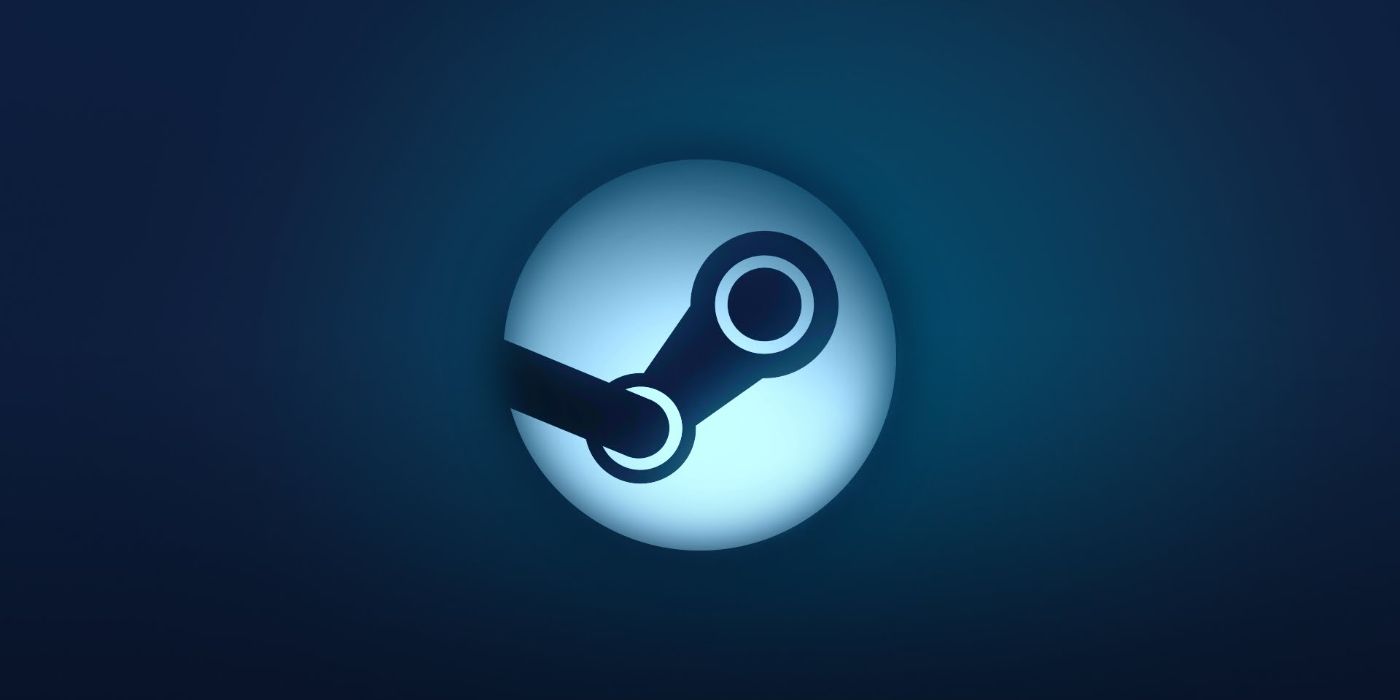Steam indie sales are down 70% in 2019 and average game revenue has declined 47%, says a report from No More Robots founder Mike Rose on the platform, which has recently lost its monopoly on digital distribution thanks to the emergence of the Epic Games Store. Steam has enjoyed a lengthy stay at the top of the digital distribution market largely due to a lack of competition, but that changed late last year when Epic Games announced its intent to launch the Epic Games Store, which has since done a remarkable job at luring away top developers and publishers from Valve's service.
Things aren't all bleak for Steam, of course - the digital distributor still remains ubiquitous in gaming, and Valve's own games remain a big draw for consumers to the platform. To say that 2019 has been a good year for Valve and Steam, however, would be a lie. Steam has found itself embroiled in a number of controversies stemming from the platform's lackluster moderation policies, while Valve has been criticized for the developer revenue share model it employs on the platform. The numbers don't lie - Valve's up-to-30% cut from some developers is dramatically more than Epic's flat 12% revenue share, and it's begun to show as developers and publishers both flock to the fledgling service thanks to better returns. With games like Borderlands 3 tagged as timed Epic exclusives, the Epic Games Store has established itself as a legitimate alternative in short order.
That's likely a big reason that Steam indie game sales have fallen so dramatically in 2019, according to a report from Rose. According to him, game sales have dropped 70%, with the average game selling 1,500 copies on the platform as opposed to the 5,000 that were the average in 2018. Revenue has also taken a hit, with games averaging just $16,000 in 2019, as compared to the $30,000 that was the norm in 2018. Rose obtained this data by using a strict set of parameters, only including games with at least 10 user reviews while removing AAA titles - and then the top and bottom 5% as well, to account for outliers.
Another interesting element is that indie games simply sell for less than they did a year ago, with games averaging a sale price of about $10 rather than the $12 they sold for in 2018. The big takeaway from most of this data is that indie game developers are pricing their games too low - according to Rose, games that were priced at over $20 averaged 5,000 copies and $200,000 in revenue, even if they weren't AAA titles. Other factors to consider include an increase in free-to-play games on the platform and subscription services beginning to make their mark in the industry.
Obviously, the Epic Games Store has had an impact on the way people purchase games, and having to decide on platforms might have accounted for a lack of interest in indie gaming in general. Still, the numbers here are valuable, especially for developers looking to make a name for themselves. Is this representative of a decline in Steam's effectiveness as a digital distributor, a wake-up call for indie devs and publishers to price their games higher, or some combination of both? The future of digital distribution remains murky, but reports like this help paint a clearer picture for all involved.
Source: Mike Rose

